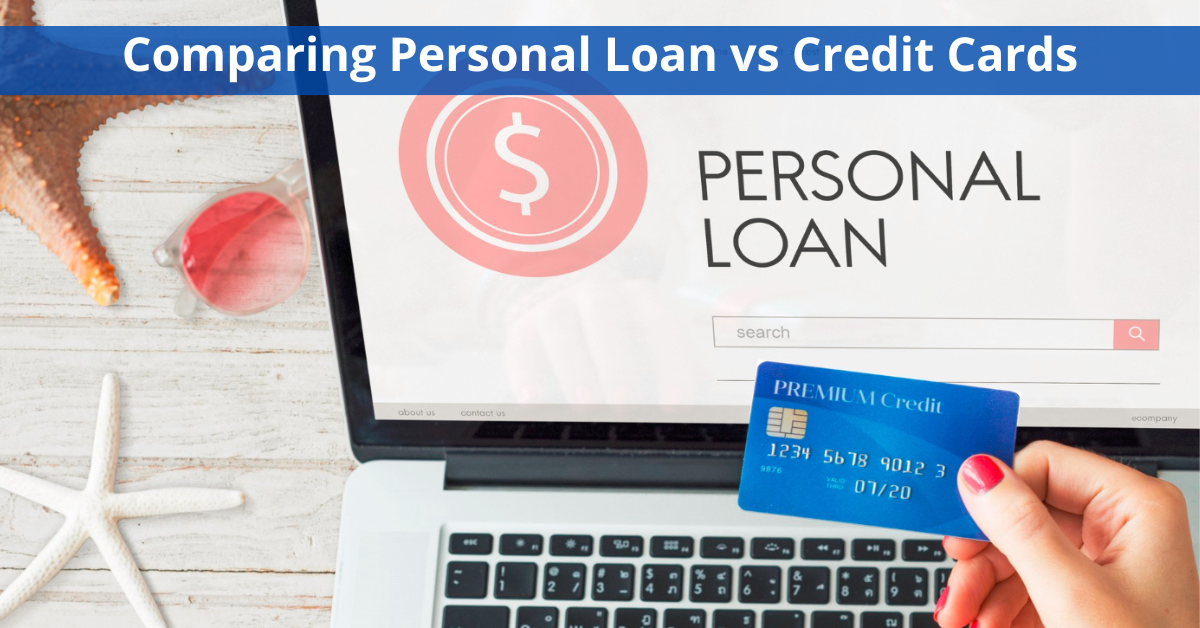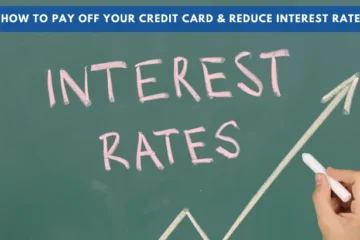If you are choosing between getting another credit card and taking on a personal loan, it is good to base your decision on more than just money back, rewards points, or introductory teaser interest rates. There are some reasons to go for a personal loan over a credit card. But there are some conditions and limitations to consider as well.
Advantage of getting a personal loan
There are three known advantages of getting a personal loan over a new credit card
Lower Interest Rates
Personal loan interest rates are significantly lower than credit card interest rates. Compared to your credit card, their rates are depending on the card and how you’re accessing your credit. An example is if the interest rate for a cash advance can be significantly higher than the rate tied to an ordinary purchase.
Do not be lured by low short-term interest rates that can increase substantially after a few months. After several years, this higher rate can leave you stuck with paying hundreds and potentially thousands of dollars in extra interest.
Simplified Budgeting
Personal loans come with a fixed interest rate, you’ll pay the same amount every month during your loan term. That is completely different for credit cards. Knowing exactly how much you’ll pay toward your loan can be helpful if you’re on a budget. Having a person may help you rebuild your credit score and the good news is when you have bad credit, a personal loan may be the best option to help you improve your credit score. you may not need to think about annual fees and you may have an option to get a short or long-term loan. Compared to having a credit card, cash advances may not be a good option especially if you have bad credit, credit cards in Canada may collect up to 18% interest rates monthly. So if you failed to pay your monthly dues, you will end up paying more than what you owe.
Stability
A personal loan may help you with your budget and also make plans for the future. When you have a fixed loan term an interest rate can help you as a borrower prepares for what’s to come because you know with certainty how much they must repay and how long you will carry that debt.
Balance Transfers
If you are planning for debt consolidation with your card debt with another credit card may sound counter-intuitive, but under the right conditions, it may be your best bet. Financial institutions and credit card companies sometimes offer a sign-up bonus that includes interest-free balance transfers. These deals don’t last forever, so when they end the interest rate on the unpaid balance can fluctuate substantially.
You should pay your balance during this introductory period if you can, however, you can use a different card to pay down some of your debt without racking up interest.
Better Time to Use a Credit Card
While personal loans can be the best way to consolidate and pay off high-interest credit cards, there are times when using a credit card makes more sense. Personal loans do not have a reward or cash backs like travel perks and rewards points for purchases. Credit card rewards likely aren’t worth it if their interest rates are more than what your rewards value.
On the other hand, there is some credit card who offer lower interest rates combined with points during the introductory period which makes using a credit card the best option. That is if you plan to make monthly payments full every month.
Bottom line
Both credit cards and personal loans may have advantages and disadvantages. But if you are concern about improving your credit rating, you should get a personal loan. If you are concern about rewards and other cashback you may get a credit card. make sure to pay on or before your due dates to avoid those penalties and interest rates. If you cannot make full payment, make a minimum payment at least.




